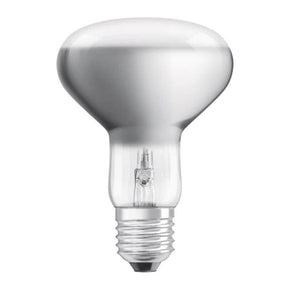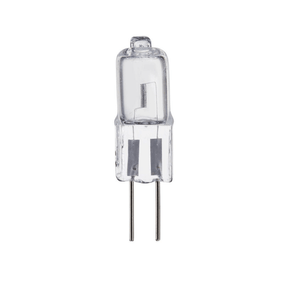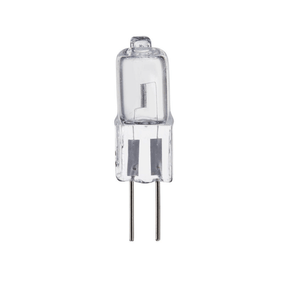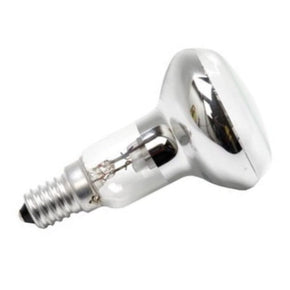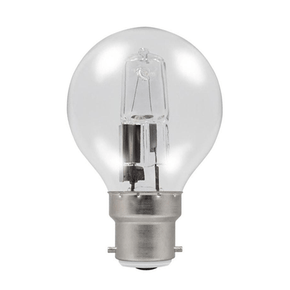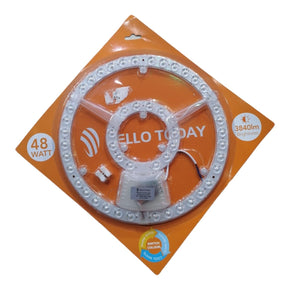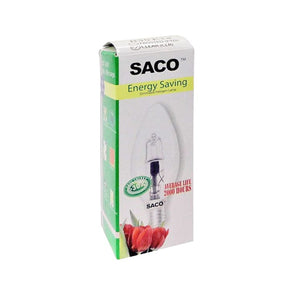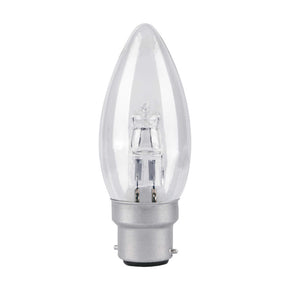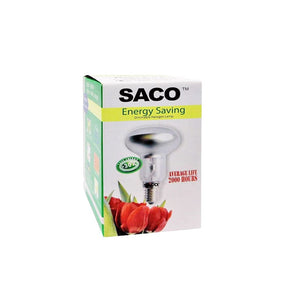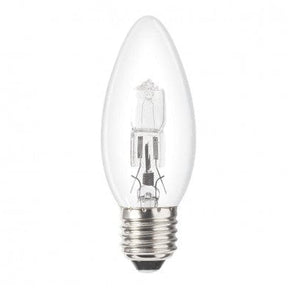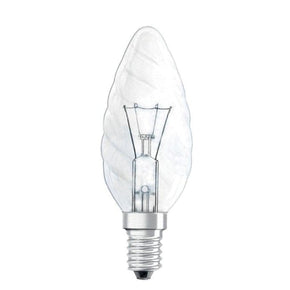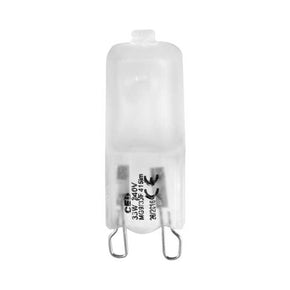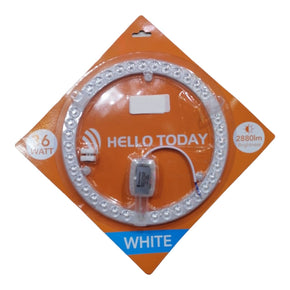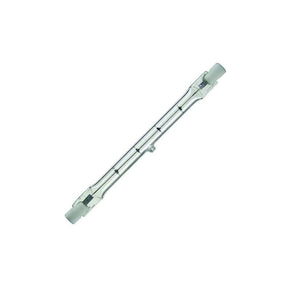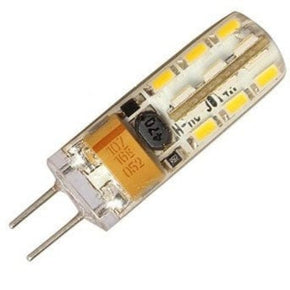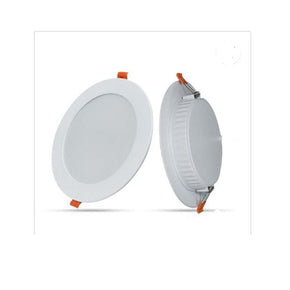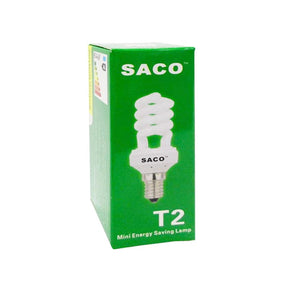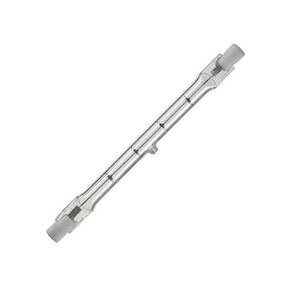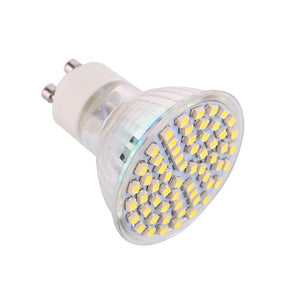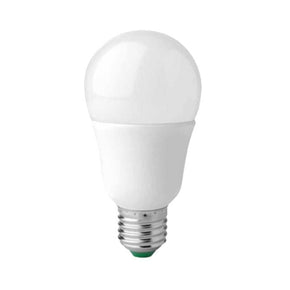- No products in the cart.
Browse Categories
-
Home Appliances
-
Small Appliances
- Audio Visuals
-
Bedlinen & Bathroom
- Decor
-
Dress Fabrics, Haberdashery & Sewing
-
Electronics & Cellphones
- Tech & Gaming
-
Kitchenware & Cleaning
-
Curtaining, Upholstery & Blinds
-
Furniture
- Catering Equipment
-
Fashion
-
Lighting & Hardware
- Solar Solutions
- Luggage & Bags
-
Camping & Outdoor
-
Baby & Toys
- Rugs & Flooring
- Stationery
- Clearance Sales Clearance Sales
- Sort by
- FILTER BY PRICE
-
-
Below $100.00
-
$100.00-199.00
-
$200.00-299.00
-
$300.00-399.00
-
$400.00-499.00
-
Above $500.00
-
- FILTER BY COLOR
-
-
- FILTER BY SIZE
-
-
S
-
M
-
L
-
XL
-
2XL
-
3XL
-
- FILTER BY BRAND
-
-
Adidas
-
Camel
-
Motorola
-
Rolex
-
Samsung Galaxy
-
Seiko
-
Sony
-
Light Bulbs for Sale Online
Shop our range of bulbs for sale at MHC World. Buy online and receive free delivery over R3500 & within a 30km radius from our store.
Apart from our energy-saving bulbs for sale, we also offer flood lights, solar lights and spot lights
The History of Light Bulbs
Light bulbs initially appeared in the mid-1800s, and technology has advanced significantly since then.
Thomas Edison invented the first practical light bulbs in 1879, which were carbon-filament glass bulbs powered by electricity. Since then, several types of bulbs, such as halogen and LED bulbs, have been produced.
Technological advancements have improved the energy efficiency, longevity, and control of these new forms of light sources. Smart home technology has enabled greater control over lighting in a specific area.
Energy Efficiency of Light Bulbs
Because light bulbs account for a significant portion of a home's energy bills, understanding the energy efficiency of various types of bulbs is essential.
Incandescent bulbs are the least energy efficient of all, converting substantially more energy into heat than light and having an average efficiency of 10%. LED bulbs, on the other hand, can turn electricity into light at up to 90% efficiency while being significantly more durable. CFL bulbs are in the middle, with an average energy efficiency of roughly 65%, though their efficiency and lifespan vary greatly.
In addition to the energy efficiency of the bulb's technology, the brightness of the bulb must be considered when purchasing. The brightness of a bulb is measured in lumens, with higher numbers indicating brighter bulbs that use more energy.
Different Types of Light Bulbs
Incandescent bulbs are the most common type of lighting, generating a warm yellow light. Halogen bulbs, like incandescent bulbs, create brighter light and last longer than regular incandescent bulbs.
Compact fluorescent lights (CFLs) use significantly less energy than regular incandescent bulbs, but their light is slightly cooler in colour. LED bulbs are the most energy-efficient bulbs and are fast replacing other types of illumination, but they are slightly more expensive to purchase.
Finally, because they can be controlled by a home automation system, smart bulbs provide more control and usage of the light in a specific area.
Light Bulb Safety Precautions
When shopping for light bulbs, it is important to pay attention to any warnings or precautions that may be printed on the product package.
There are a variety of light bulbs that must be properly disposed of since they contain considerable amounts of mercury. Halogen and fluorescent light bulbs are particularly notable in this regard. Additionally, due to the high amounts of electrical current that are contained within LED bulbs, the process of installation must be approached with the utmost prudence.
Because incandescent bulbs give off a significant amount of heat, it is imperative that they not be covered or positioned near anything that could catch fire.
How energy-saving bulbs Can Change Your Life
Energy-saving lights can significantly cut your energy use and costs.
You can potentially save hundreds of rand per year on your energy bills and help minimise your environmental impact by replacing regular incandescent light bulbs with energy-saving bulbs.
Furthermore, energy-efficient bulbs frequently outlast standard lights, saving you even more money in the long term. There are a range of energy-saving bulbs available that can produce better, more natural illumination than most regular lights.
To summarise the advantages of energy-saving bulbs:
How to Choose Light Bulbs
When purchasing light bulbs, one should consider the following factors:
Best Brands of Bulbs (including energy-saving bulbs) available on MHC
Always make sure that you buy bulbs from a reputable dealer.
At MHC World one can buy most of the popular and reliable brands of bulbs, including energy-saving bulbs, like Osram, Hello Today, SMB, and Flash.

